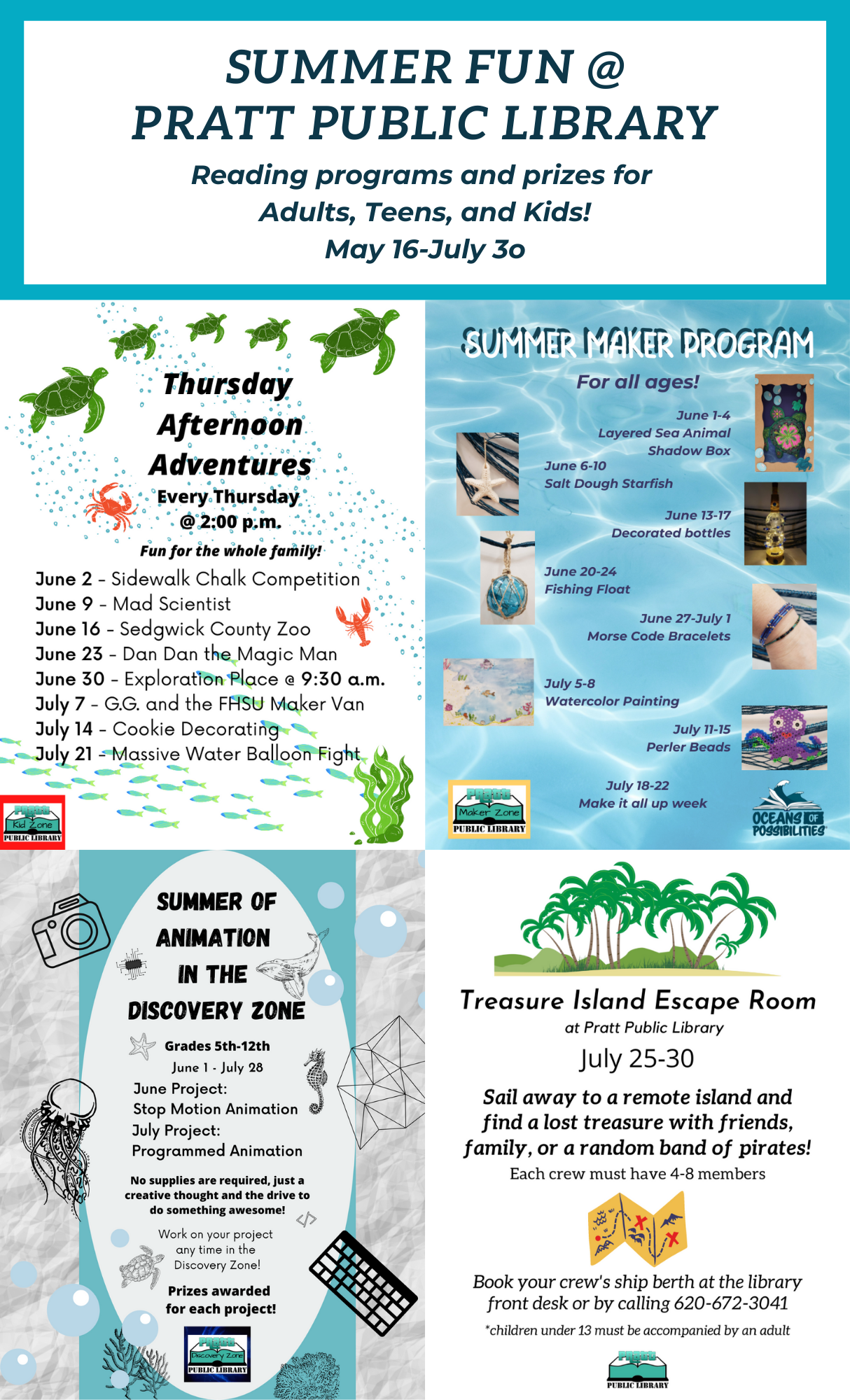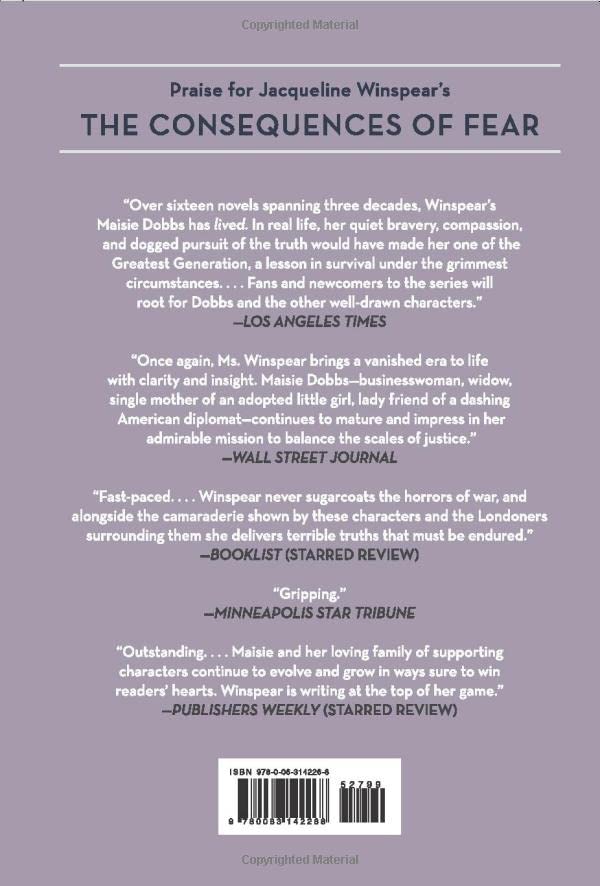


When I began to write Maisie Dobbs, I thought it would be the only book I would ever write. What an amazing opportunity I had, to write about a woman who had seen death of a most terrible kind at an impressionable age when she worked as a nurse at the Western Front, and then to see how she might grow and change over the years. Women moved into public life as never before, and during the war barely a field of endeavor was left untouched by a woman’s hand.

They were not only the first generation of women to go into war work in modern times, but that war ensured their lives would never be the same as experienced by their mothers and grandmothers before them, not least because so many would remain single due to the number of men of marriageable age who were killed or profoundly wounded in the war. The years following the First World War represented a time of enormous change in almost every sphere of life, and particularly for the women who came of age during the war. My interest in women’s history had been focused on the time just before the Great War right through to the Seventies. However, I don’t believe those moments happen in a vacuum. I’ve often thought about that experience and have considered it to be a moment of “artistic grace” – as if I had been chosen by a character to tell her story. One man rolled down his window and shouted, asking if I was waiting at the light for any particular shade of green! I sped on my way, but by the time I arrived at work, I had the whole story in my head. Suddenly I could hear car horns sounding around me and realised the stalled traffic had moved on and I was holding up every car behind me. She stopped to buy a newspaper from a stall – I could hear her conversation with the newspaper vendor – and then she walked along the street to a grim, smoke-stained Georgian house, took out an envelope with two keys and entered. I can still see and feel that moment when, in my mind’s eye, I saw a woman dressed in the garb of the mid-1920’s exit Warren Street tube station in London. Nothing was moving so I allowed my mind to drift. However, one day on my way to work – and most writers have day jobs mine was in sales – I was stuck in dreadful traffic. Prior to writing my first novel, Maisie Dobbs, I was a writer of non-fiction, of op-eds, essays and articles, and I thought that if ever I attempted a book, it would be a biography, or on a broad subject in connection with women’s history, which has been a particular interest since childhood. Writing fiction wasn’t something I thought I could do until a character named Maisie Dobbs presented herself for consideration. National Emerging Writer Programme Overview.


 0 kommentar(er)
0 kommentar(er)
